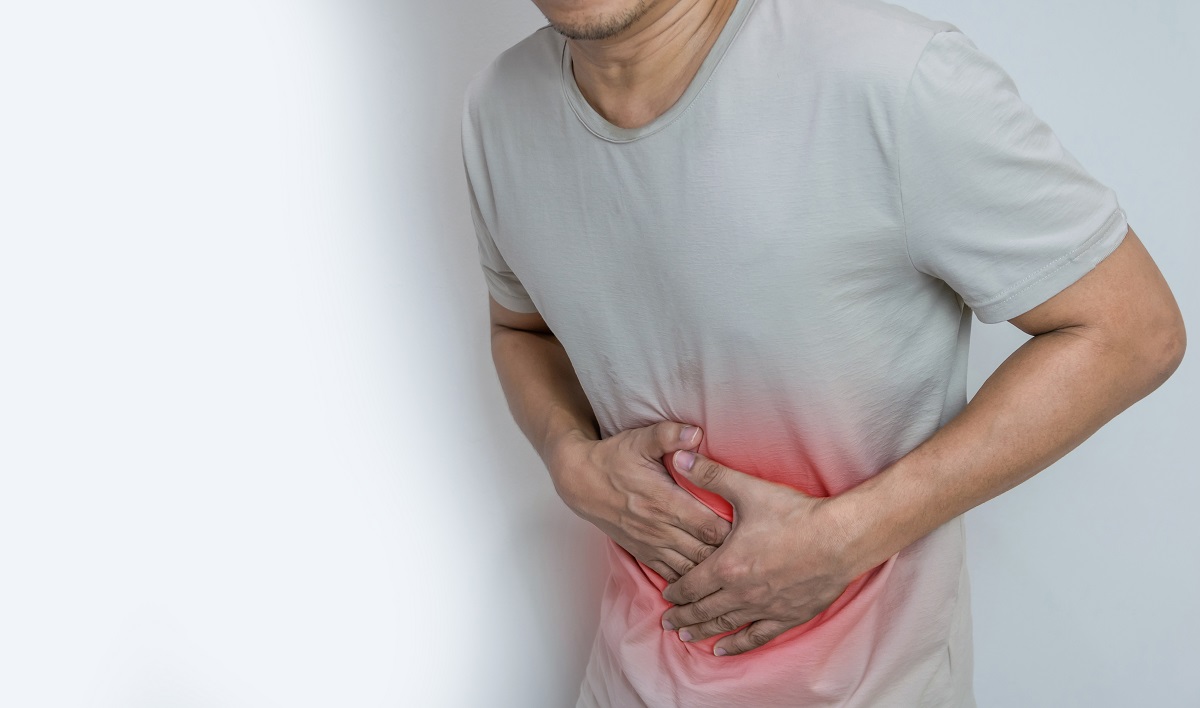
Read on as the Piedmont Colorectal Associates team reveals diverticulitis warning signs to watch for.
Symptoms of Diverticulitis
The following is a list of common symptoms of diverticulitis. If you experience any of these symptoms, schedule an appointment for an evaluation with our team as soon as possible.
- Severe abdominal cramping (usually on the lower left side of the abdomen)
- Constipation
- Diarrhea
- Fever and chills
- Rectal bleeding
- Nausea
- Vomiting
Note that the symptoms of diverticulitis are similar to those of other digestive conditions. Undergoing a medical exam and testing can reveal the root cause of your symptoms and determine the most suitable course of action.
Managing diverticulitis depends on the severity of the flare-up. Sometimes a course of oral antibiotics, temporary liquid diet and rest can control the infection; more serious cases may require surgery to repair the tear or hole in the colon.
Are You At Risk for Diverticulitis?
You may be at heightened risk for diverticulitis based on factors out of your control, such as your age or genetics. Diverticulitis is most prevalent among the elderly and runs in some families.
Other behaviors or lifestyle factors can put you at an increased risk of diverticulitis. For example, if you are overweight, the extra weight puts added pressure on your colon and can lead to the development of more diverticula and higher chances of infection/inflammation. Constipation is also believed to increase the risk of a diverticulitis attack, because straining to have a bowel movement puts pressure on the walls of the colon. You can mitigate these risk factors by maintaining a healthy weight and avoiding constipation. Our doctors recommend eating fiber-rich foods, drinking lots of water and exercising regularly to prevent constipation.
Contact Piedmont Colorectal Associates Today
Diverticulitis can be uncomfortable and scary, but ignoring it will not make it go away. With our knowledge and expertise, the Piedmont Colorectal Associates team can help you manage the disease and find relief from pain.
If you are experiencing abdominal pain or other potential signs of diverticulitis, please schedule an evaluation with our doctors today.

